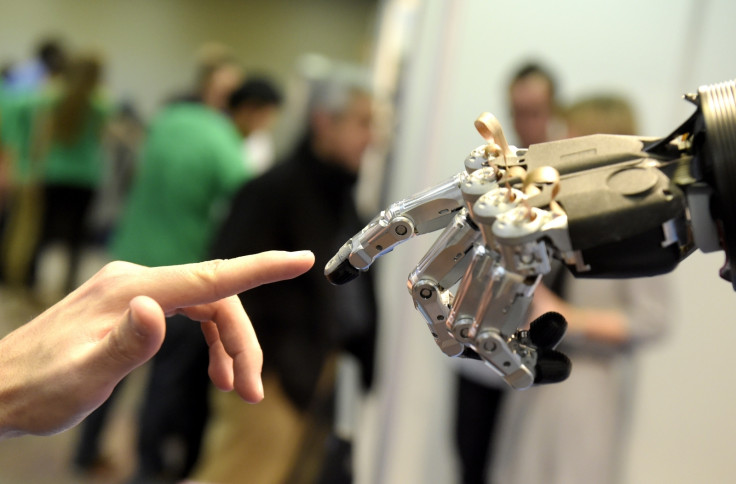Estonia working on legislation to give robots and AI legal status, create 'robot-agents'
The country wants to create a new legal status that puts robots between separate legal personality and property.

Estonia's economic ministry is working on regulations involving robots with focus on the status of artificial intelligence (AI) in legal disputes.
The Baltic country is mulling over a decision to grant AI and robots a legal status that is somewhere between "separate legal personality" and "personal property" called "robot-agent." Siim Sikkut, the official in charge of the government's IT strategy has said that there are advantages that come with elevating AI to the same judicial levels under which natural and legal persons operate.
It will, however, only happen if he is able to garner enough political support for this proposal, reports Bloomberg. "If we seize this opportunity as a government, we could be one of the trailblazers," Sikkut said in an interview.
With AI and AI-powered robots already becoming a mainstay in everyday life, it is not far-fetched to think of a time when such a machine kills or commits a crime as analysts suggest that a good chunk of all crime will be committed by machines by the year 2040. So far the EU parliament has debated the granting of a "personhood" status and even having robots pay taxes, this includes a robot's rights and responsibilities.
Military robots and drones powered by AI are close to being given the authority to kill, it is even being touted as the new arms race. Robots that are left to make kill decisions could go, rogue, warn experts, while this has prompted talks of having inbuilt switches to power down such errant machines, it is still unclear who can be held responsible for such acts of violence.
This could be the reason why there exists a rather bleak public opinion about AI with 62% of Britons believing killer robots will become reality soon. Even industry experts like Elon Musk seem to think that AI should be handled with caution and that humanity should prepare for it.
Estonia, however, faces a lot of hurdles, not only politically, but also in the way laws are designed in the region. The law firm that is has been put in charge of legal analysis for this law by the government has pointed out how granting robots personal rights and responsibilities "goes against Europe's humanist history of law," reports Bloomberg.
"We need to get plenty of myths and stereotypes out of the way early on," Sikkut said. "Like that robots are taking over everything or that we're going too far with computerization." This view is similar to what Google's head of artificial intelligence said about the "rise of general AI."
Estonia hosts Nato's cyber-defence centre and is also known as the birthplace of Skype. The country already has a paperless government. It has made internet voting possible for its population, and even provides remote access for foreigners to access Estonian digital services called E-residency.
© Copyright IBTimes 2025. All rights reserved.





















